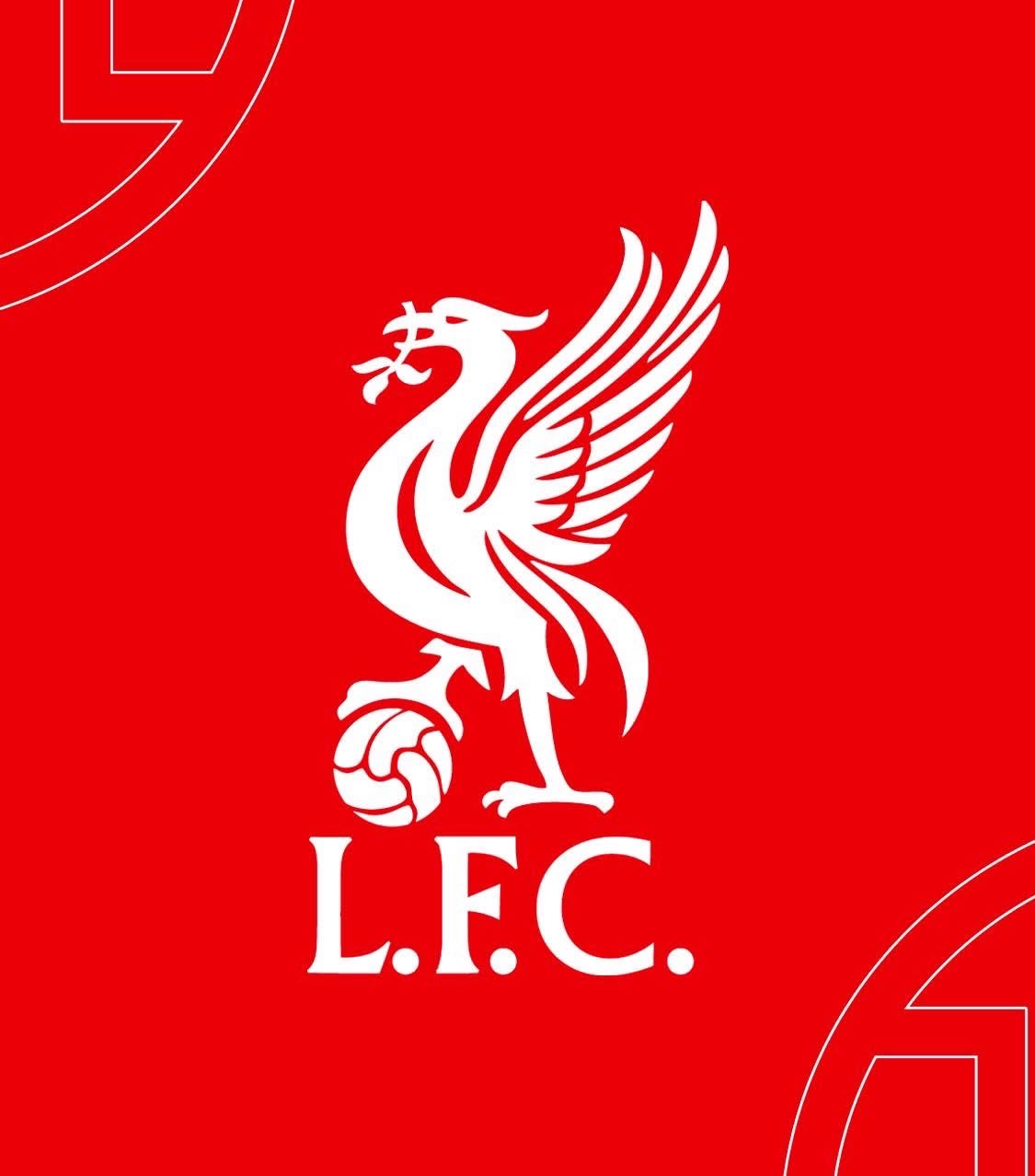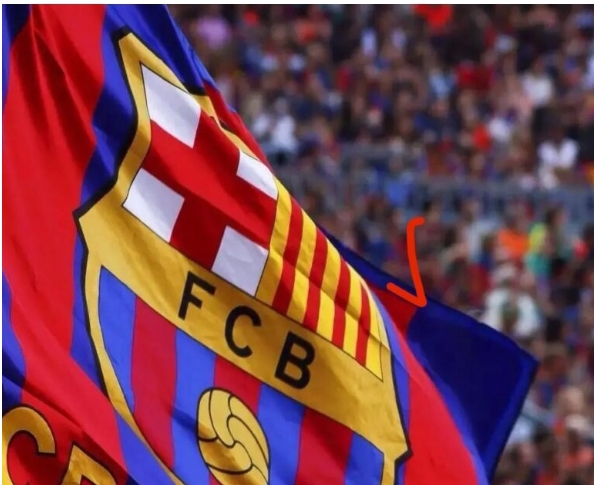Over the last decade, **Liverpool Football Club** has risen to the summit of European football. From lifting their sixth **Champions League** title to ending a 30-year **Premier League** drought, their success story under **Jürgen Klopp** has been nothing short of iconic. What sets them apart, however, is the club’s ability to achieve greatness while maintaining a **relatively modest net spend**, especially when compared to their rivals.
Under **Fenway Sports Group (FSG)**, Liverpool’s financial model has garnered respect across Europe. While clubs like Chelsea and Manchester City face scrutiny under **Financial Fair Play (FFP)** rules for excessive spending, Liverpool have managed to stay within limits through disciplined squad building and wage control.
Still, keeping long-serving stars has gradually raised the overall wage bill. At present, **12 players at Liverpool earn over £100,000 per week**—a sign of their commitment to squad continuity, though still modest compared to Europe’s biggest earners.
—
### **Goalkeepers: Efficient Spending, Elite Performance**
**Alisson Becker**, widely regarded as one of the world’s finest shot-stoppers, earns **£150,000 per week**. Though lower than top earners like **Manuel Neuer** (who takes home over £330,000 weekly), Alisson’s value to the team is unquestionable. His contract runs until 2027, a long-term sign of trust.
With **Caoimhin Kelleher’s departure**, new signing **Giorgi Mamardashvili** steps in as Liverpool’s backup keeper on a weekly wage of **£85,000**. **Freddie Woodman** and **Armin Pecsi** have also joined, though their wages remain undisclosed as of now.
—
### **Defence: Van Dijk Leads the Pack**
The defensive unit saw a key shift this summer, with **Trent Alexander-Arnold’s exit to Real Madrid** removing his £180,000-a-week salary from the books. His replacement, **Jeremie Frimpong**, is on a reported **£100,000 weekly wage**.
**Virgil van Dijk**, now Liverpool’s vice-captain, has become the club’s **second-highest earner**, commanding **£350,000 per week** under his new contract. **Andrew Robertson** also sits among the club’s higher earners at **£160,000 weekly**.
By contrast, his defensive partner **Ibrahima Konaté**, despite his regular starting role, earns **just £70,000 per week**, a figure notably lower than fellow defenders like **Joe Gomez (£85,000)** and **Kostas Tsimikas (£75,000)**. This has sparked speculation about Konaté’s future, with **Real Madrid reportedly circling**.
**Conor Bradley**, who recently signed a long-term extension, now earns **£75,000 weekly**, while younger or rotational players such as **Calvin Ramsay** and **Rhys Williams** remain on lower wages, earning **£15,000 and £10,000 respectively**.
—
### **Smart Spending, Big Ambitions**
Liverpool’s current wage distribution reflects their focus on **value, loyalty, and performance-based contracts**. While competitors are bogged down by oversized wage bills, the Reds continue to structure deals that reward performance and longevity rather than hype.
With the likes of **Florian Wirtz, Hugo Ekitike, and Jeremie Frimpong** joining this summer, the strategy under new manager **Arne Slot** appears clear: build sustainably, compete aggressively, and continue evolving without financial recklessness.




